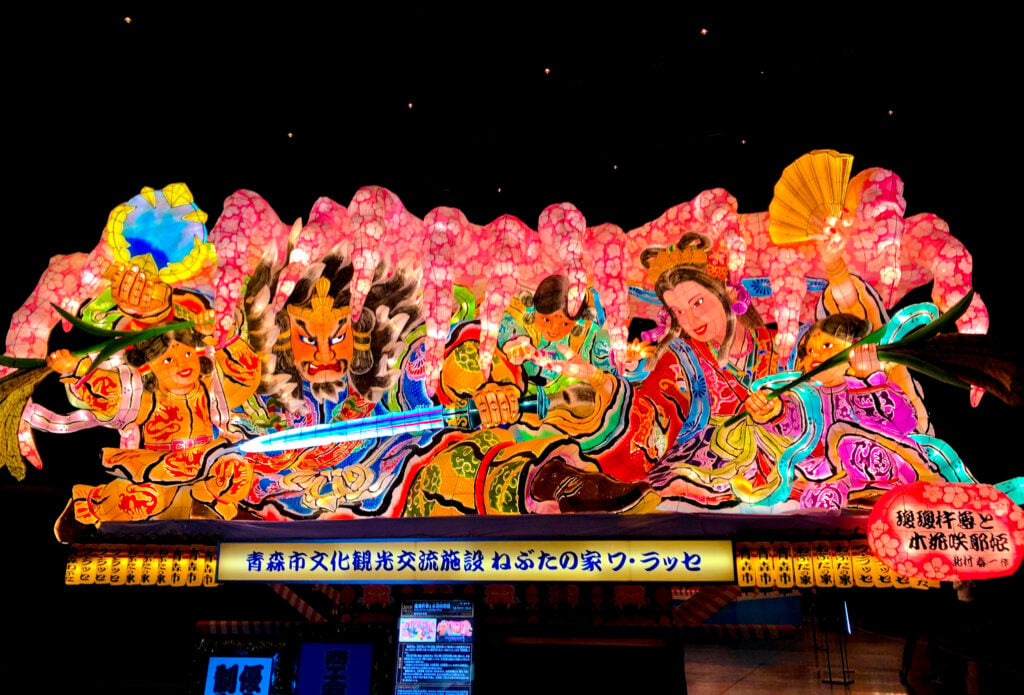Business Japanese is on a whole other level in terms of formality, but it is essential to master if you ever plan to work in Japan. Your grasp of formal Japanese language, business etiquette, and adherence to unspoken norms will make or break your success in the Japanese workplace. Knowing some essential business Japanese phrases is a great start, so we’ve put together our list of top essential phrases to know.
List of important business Japanese phrases
1. Osewa ni narimasu
お世話になります。
Osewa ni narimasu.
OR
お世話になっております。
Osewa ni natte orimasu.
This commonly-used phrase has a meaning along the lines of, “thank you for your support, kindness, work, etc”. You use it to show appreciation for someone’s continued work or service, or future work or service.
“Sewa”, 世話 means “care” and “sewa ni naru”, 世話になる means “to be taken care of”.
You use it on the phone or in person when talking to customers, clients, and business contacts and you always say it after the initial greeting before beginning your conversation.
For example:
もしもしお世話になります、アンナです。
Moshimoshi osewa ni narimasu, Anna desu.
Hello it’s Anna, thank you for your work/service/taking care of me.
If you want to be extra polite, you can say “Osewa ni natte orimasu”. This means the same thing, it’s just even more polite.

2. Otsukaresama desu
お疲れ様です。
Otsukaresama desu.
OR
お疲れ様でした。
Otsukaresama deshita.
(Past tense)
This phrase is used extremely often and its meaning is akin to, “Thank you for your hard work”. For example, you say it to your colleagues at the end of a project, or after each shift to acknowledge their work and how tired they must be (疲 is the kanji for tiredness or fatigue).
For example, if your co-worker gets up to go home, they would say:
お先に失礼します。
Osaki ni shitsurei shimasu.
Excuse me for leaving before you.
And then you would reply with:
お疲れ様でした。
Otsukaresama deshita.*
Thank you for your hard work.
*You would use the past tense here because the other person has finished working for the day.
You can say “Otsukaresama desu” to your colleagues during the day in place of a greeting like konnichiwa, こんにちは. Here, you speak in present tense since they are continuing to work.
3. Osaki ni shitsurei shimasu
お先に失礼します。
Osaki ni shitsurei shimasu.
As mentioned above, this phrase is commonly used when colleagues are about to leave the office to go home. It’s considered rude to leave a workplace without saying this, unless you are the very last person left, as it is said in order to address the fact that you are going home while your colleagues are still working.
“Osaki ni, お先に” means “ahead” while “shitsurei shimasu, 失礼します” means “excuse me”.

4. Chōdai itashimasu
頂戴いたします。
Chōdai itashimasu.
This is said in response to receiving something and it means, “I humbly receive”. A common situation where you would use this is when exchanging business cards.
After saying your name and presenting your business card, you would then take the other person’s card and say: “Chōdai itashimasu”. It is frequently followed by “yoroshiku onegai itashimasu よろしくお願い致します”, meaning “please look after me”. Read more about how to use the phrase “yoroshiku onegaishimasu” in our article.
The verb “chōdai, 頂戴” means “receiving” in formal Japanese.
5. Shōchi shimashita
承知しました。
Shōchi shimashita.
This is the polite way to say, “Okay, got it” to express that you have understood something. Normally you would say ryōkai desu 了解です to your colleagues, however “Shōchi shimashita” is better when responding to bosses, and clients and when writing emails.
The verb “shōchi, 承知” means “knowledge” or “awareness”.

There is so much more to learn when it comes to business Japanese and understanding business culture in Japan. Developing good work relationships and succeeding in a Japanese company requires dedication and hard work. But start with these 5 business Japanese phrases and you’ve got a good foundation to work with.
If you wish to read more about keigo, or formal Japanese, read our article here.
Interested in learning more business Japanese? Sign up for our comprehensive online Business Japanese course, taught by the Intercultural Institute of Japan, here.













